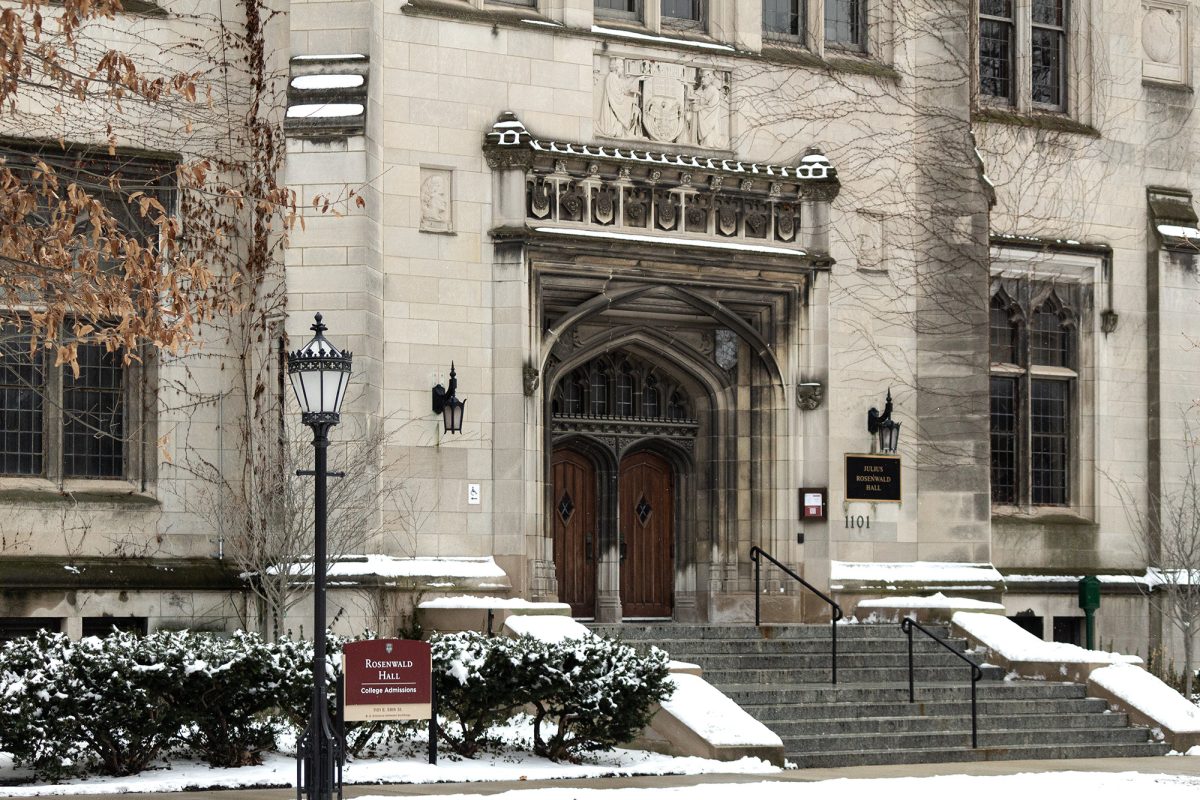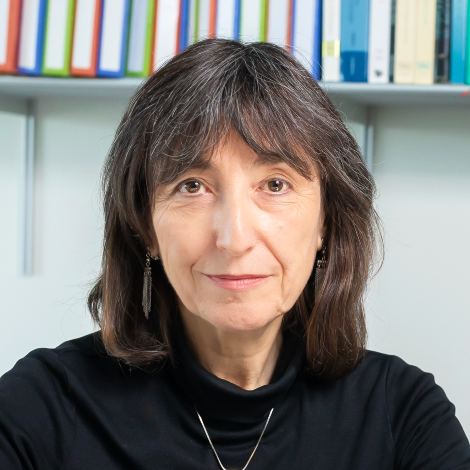[img id=”78277″ align=”alignleft”]
Harvard professor and British economic historian Emma Rothschild traced the path of a slave girl from Bengal and her master’s ties to the Scottish Enlightenment at a talk Tuesday in Classics. Her talk comes just a week after her husband, economist Amartya Sen, spoke on poverty.
Rothschild’s research into the correspondence and legal documents regarding the life of the young woman, who went by both Bell and Belinda, has given her insight into the political discourse of her master, John Johnston.
The girl was tried for murder after she disposed of her stillborn son in the river. She was sent to the New World as punishment. ”Bell or Belinda, with her terrible traverse from Calcutta to Williamsburg, is an extraordinary illustration of…the consecutive and contiguous jurisdiction through which she passed. Jurisdictions, which are in turn, a remarkable source, I think, of the transnational history of 18th century life,” Rothschild said.
Rothschild spoke of her efforts in tracing the relative obscurity of the Scottish family. “The Johnstons were not the sort of people to compose intimate diaries or who commemorated their own sentiments, [but] brothers and sisters did write to each other from time to time with anguish, vexations, and anxieties,” she said.
This made it especially hard for Rothschild to trace the ideas and important political discourse relevant to the debate over the slave trade, but she said the unique perspective made her research more meaningful. This method of research might prove useful in understanding other contemporary figures.
Both Rothschild and Sen’s talks were presented by the Nicholson Center for British Studies.








